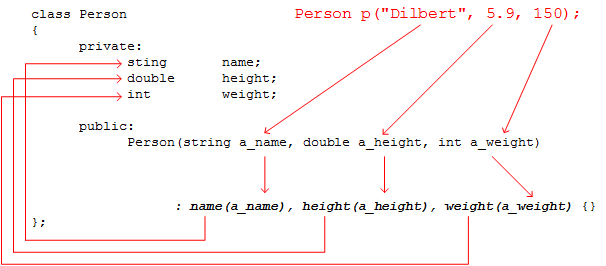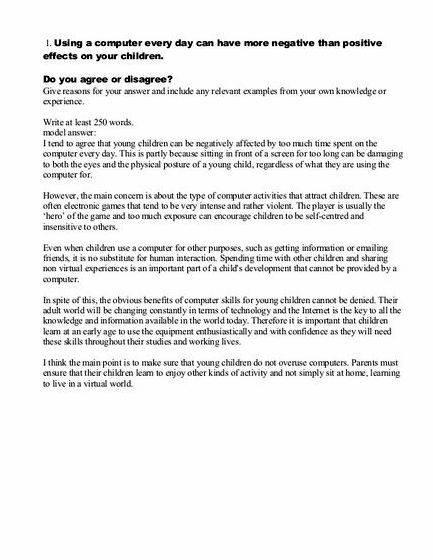An Essay Concerning Human Understanding by John Locke.
Essay I John Locke i: Introduction Chapter i: Introduction 1. Since it is the understanding that sets man above all other animals and enables him to use and dominate them, it is cer-tainly worth our while to enquire into it. The understanding is like the eye in this respect: it makes us see and perceive all other things but doesn’t look in on.
Chapter I No Innate Speculative Principles. 1. The way shown how we come by any knowledge, sufficient to prove it not innate. It is an established opinion amongst some men, that there are in the understanding certain innate principles; some primary notions, koinai ennoiai, characters, as it were stamped upon the mind of man; which the soul receives in its very first being, and brings into the.

In An Essay Concerning Human Understanding, first published in 1690, John Locke (1632-1704) provides a complete account of how we acquire everyday, mathematical, natural scientific, religious and ethical knowledge.Rejecting the theory that some knowledge is innate in us, Locke argues that it derives from sense perceptions and experience, as analysed and developed by reason.

An Essay Concerning Human Understanding is a work by John Locke concerning the foundation of human knowledge and understanding. It first appeared in 1689 (although dated 1690) with the printed title An Essay Concerning Humane Understanding.He describes the mind at birth as a blank slate (tabula rasa, although he did not use those actual words) filled later through experience.

The Project Gutenberg EBook of An Essay Concerning Humane Understanding, Volume I., by John Locke This eBook is for the use of anyone anywhere at no cost and with almost no restrictions whatsoever.

About An Essay Concerning Human Understanding. In An Essay Concerning Human Understanding, first published in 1690, John Locke (1632-1704) provides a complete account of how we acquire everyday, mathematical, natural scientific, religious and ethical knowledge.Rejecting the theory that some knowledge is innate in us, Locke argues that it derives from sense perceptions and experience, as.

The Empiricists: John Locke: An essay concerning human understanding, abridged by Richard Taylor. George Berkeley: A treatise concerning the principles of human knowledge. Three dialogues between Hylas and Philonous, in opposition to sceptics and atheists.

This is the greatest exercise and improvement of human understanding in the enlarging of knowledge, and advancing the sciences; wherein they are far enough from receiving any help from the contemplation of these or the like magnified maxims. Would those who have this traditional admiration of these propositions, that they think no step can be made in knowledge without the support of an axiom.
Summary and Analysis Book II: Of Ideas, Chapters 1-11 Summary Having developed in Book I his argument concerning the nonexistence of innate ideas, Locke undertakes in Book II to describe in detail the process by means of which ideas come to be present in human minds.

An Essay concerning human Understanding Book I: innate ideas. In the first book, Locke attacks the doctrine of innate ideas, found in Descartes. This doctrine says that man is born with ideas already formed in the mind, like God, as he argues in his Meditations. Locke shows that man can discover all the ideas by the mere use of his natural.

John Locke, The Works of John Locke, vol. 2 (An Essay concerning Human Understanding Part 2 and Other Writings) (1689).

John Locke’s purpose in An Essay Concerning Human Understanding is to inquire into the origin and extent of human knowledge. His conclusion—that all knowledge is derived from sense experience.

In the third chapter of Book I, Locke concludes the discussion about innate ideas with an attempt to show that the idea of God is not innate. This is in many respects the most important part of his argument, for it was on the basis of a belief in innate ideas that so many of Locke's contemporaries had sought to prove the existence of God. There was a sense, too, in which the belief in God was.


